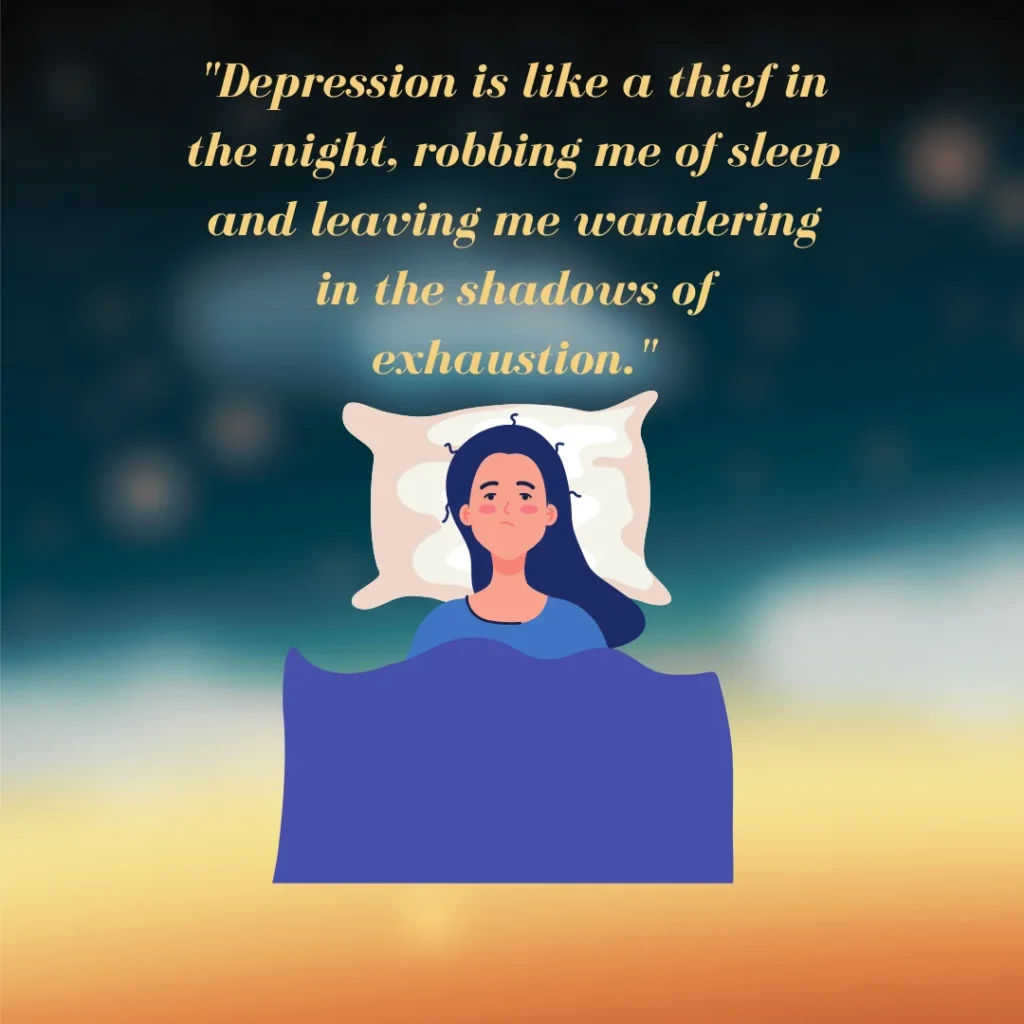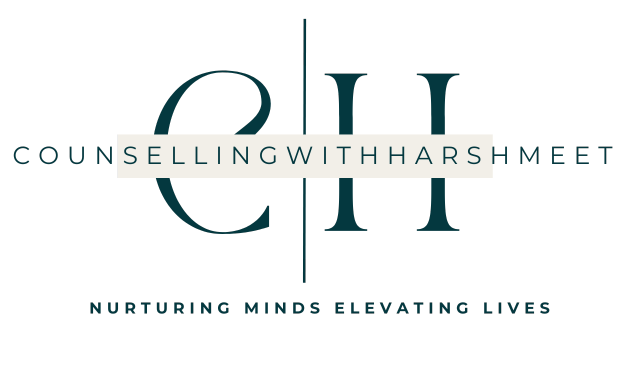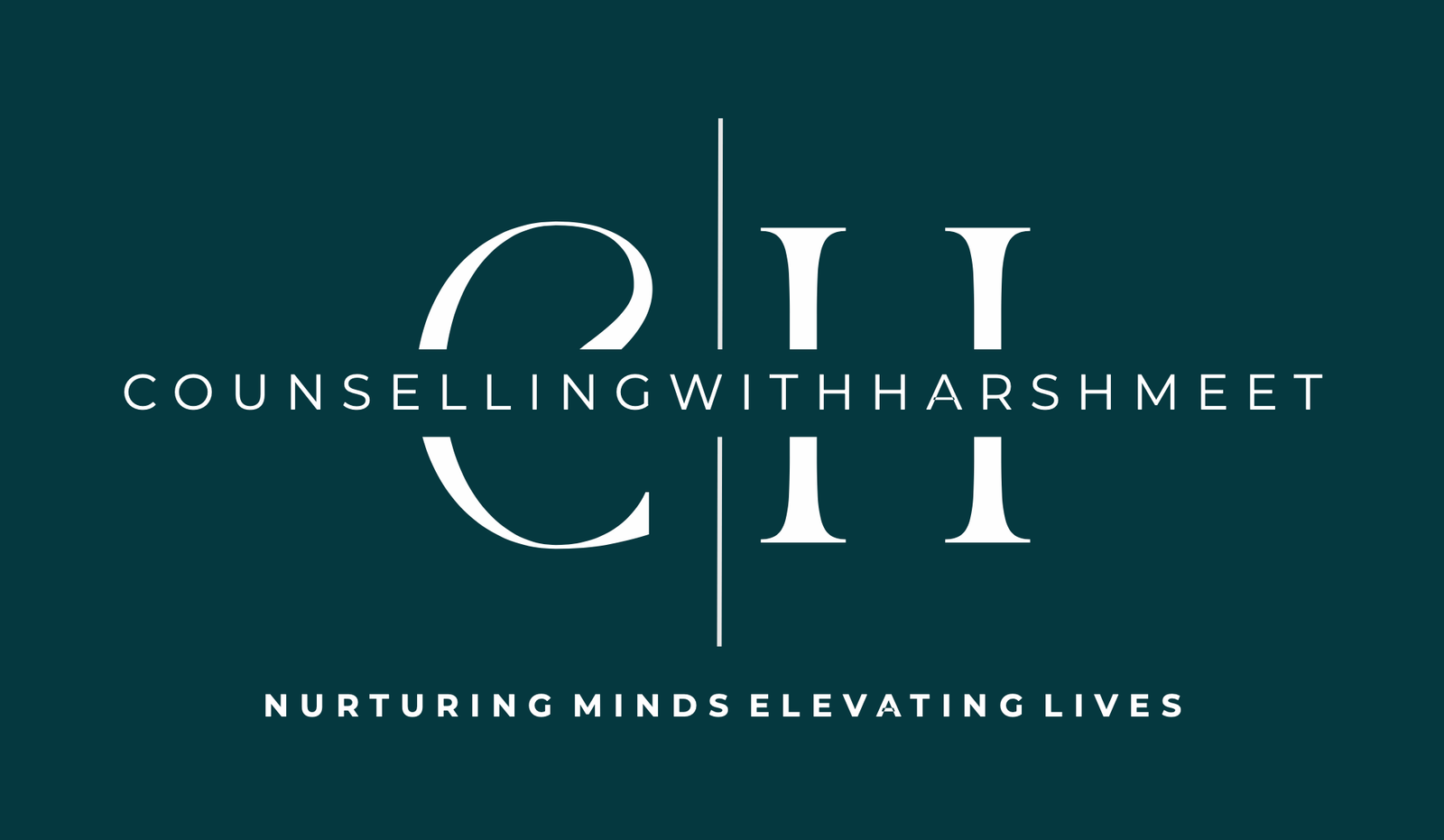Within the intricate framework of human health, the dynamic interplay between sleep and mental well-being stands as a critical nexus. For individuals grappling with the challenges of depression, understanding, and addressing this intricate relationship is paramount. This article delves into the bidirectional influences of sleep and depression and provides evidence-based strategies for promoting comprehensive well-being.
Extensive research underscores a robust bidirectional relationship between sleep quality and depressive symptoms. Studies consistently demonstrate that individuals with disrupted sleep patterns are significantly more susceptible to experiencing symptoms of depression. Conversely, a substantial proportion of individuals diagnosed with depression report disturbances in their sleep architecture. These findings underscore the intricate and reciprocal nature of this relationship, necessitating a comprehensive approach to care [1][2].

Sleep plays a pivotal role in cognitive functioning, emotional regulation, and overall mental resilience. During sleep, critical processes such as memory consolidation and neural network optimization occur, contributing significantly to emotional well-being and adaptive coping mechanisms. Disruptions in sleep quality can compromise these essential functions, leading to increased vulnerability to mood disorders such as depression [3].
Consider the case of Sarah, a young adult grappling with chronic insomnia. Sarah’s persistent sleep difficulties manifest in daytime fatigue, cognitive impairments, and emotional dysregulation. Research indicates a strong association between insomnia and negative cognitive patterns, which are hallmark features of depression. Sarah’s experiences illuminate the intricate dance between sleep disturbances and mood disorders, highlighting the need for targeted interventions [4][5].

Drawing from recommendations by reputable institutions such as the American Academy of Sleep Medicine, the following evidence-based strategies can significantly improve sleep quality and support mental health:
Establishing a Consistent Sleep Routine: Prioritize regular sleep-wake times to synchronize your circadian rhythm and promote optimal sleep quality.
Implementing Mindful Sleep Hygiene Practices: Create a tranquil bedtime routine involving relaxation techniques such as deep breathing or progressive muscle relaxation to signal the body’s readiness for sleep.
Optimizing the Sleep Environment: Ensure your sleep environment is conducive to rest, with considerations for factors such as noise, light, and temperature.
Managing Stimulants and Screen Time: Limit the consumption of stimulants like caffeine and minimize screen exposure before bedtime to facilitate a smooth transition into sleep.
Engaging in Regular Physical Activity: Incorporate moderate-intensity exercise into your daily routine, preferably earlier in the day, to promote overall well-being and improve sleep quality [6].
Navigating the intricate terrain of sleep disturbances and depression necessitates a comprehensive and integrated approach to care. By prioritizing evidence-based strategies that foster optimal sleep hygiene and mental resilience, individuals can cultivate a harmonious relationship between sleep and well-being. This proactive stance towards holistic health not only mitigates the impact of depressive symptoms but also fosters a sense of empowerment and self-efficacy. As we navigate this journey, let us embrace the profound potential of promoting sleep quality as a cornerstone of comprehensive mental wellness.
Remember, reaching out to mental health providers can provide invaluable guidance and support if you’re facing significant challenges with sleep and depression.
Resources for More Information:

